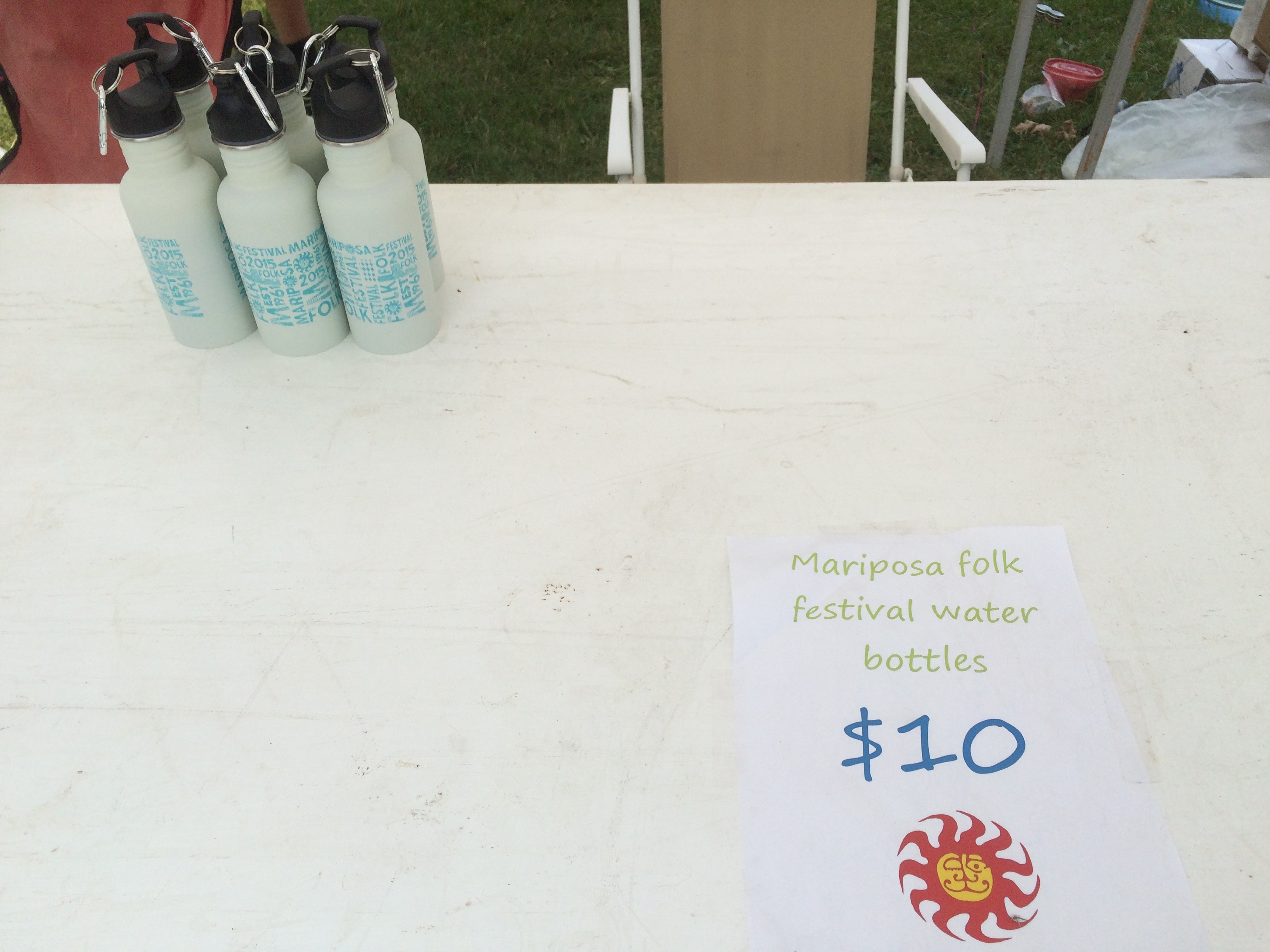
- Purchase reusable and refillable options where possible
- Purchase fair trade, organic, and bird-approved coffee
- Purchase from local operators/suppliers when possible
- Ensure that you are buying phosphate free soaps and detergents, and buy eco-certified cleaners
- Use paper products that are FSC certified or made from recovered materials
- Replace plastics with biodegradables (bags, food containers, cutlery)
- Ask suppliers to take their packaging back
- Use products that are pump-action as opposed to aerosol
- Use non-chlorine bleach
- Choose products which aren’t over-packaged
- Purchase/use low-energy bulbs (CFL or LED)
- Use microfiber cleaning cloths in lieu of paper products
- Use ceramic or other packaging instead of Styrofoam or individual packages
- Use cloth rather than disposable cloths
- Use domestic liquor brands
- Hold the event at a central location
- Use environmentally friendly suppliers (i.e. companies that have environmental or corporate responsibility policies)
- Support local craftspeople and feature local works in your organization (i.e. artwork)
- Work towards all paper products being FSC certified
- Ensure chemical-technical products are eco-certified
- Phase out plastics and using biodegradable bags, containers, and cutlery
- Collect organics and make the compost available to local farmers
- Have biodegradable, natural toiletries for attendees
- Use non toxic paints/paints with low VOCs for painting projects
- Initiate cloth replacements for hand towels in kitchen or bathroom areas
- Use recycled and locally-sourced materials for renovations and additions
- Avoid single use and disposable products (stir sticks, straws, coffee filters) and use reusable options instead
- Use coffee filters that are reusable cloth, steel or unbleached recycled paper
- Choose a venue that has an explicit environmental policy and green strategy
- Take an inventory of products and identify more opportunities to bulk buy
- Use energy star rated equipment and appliances
- Ensure all products (non-food) are purchased locally
- Have a sustainable supply chain management policy is in place
- Ensure 100% of paper products are FSC certified
- Require suppliers take all their packaging back
- Partner with other businesses to bulk buy
- Mandate that all new buildings should be built to LEEDS or equivalent standards
- When making building retrofits, ensure efficient products such as low-flow toilets/dual flush toilets, faucet and showerhead aerators, double paned windows, etc.

Procurement Facts
Best Practise Case Studies
Biodegradable Waste
Canada’s Largest Ribfest, Canada
Canada’s Largest Ribfest ensures that the event produces only biodegradable waste and 100% recyclable material. To accomplish our goal means that our Ribbers, Food Vendors and Support Service Providers have to comply with our guidelines. They must all ensure that any consumables they use must be biodegradable or recyclable.
Green Purchasing
Rothbury Festival, United States
The Rothbury festival in Michigan uses sustainable supplies for the festival that support a green event. The festival purchases compostable items instead of disposable items. There is organic clothing merchandise for sale. Biodiesel that is used is made from a recycled waste product. There is 100% recycled toilet paper provided in port-o-potties. Vendors use compostable products made from renewable plant sources: plates made of sugarcane, cups, straws, and trash bags made of corn (bioplastic).
Forest Stewardship Council
Mariposa Folk Festival, Canada
Mariposa only contracts with printing companies that are Forest Stewardship Council certified for our posters, programs and printed materials.
Farm Fresh Ingredients
Brock’s Big Bite, Canada
Every year Brock’s Big Bite in Beaverton, Ontario holds a lunch meal for the community. In 2015, the ingredients for the meal were all sourced from local farms in the Lake Simcoe watershed, and the meal was prepared by a local church organization. Procuring all local ingredients supported the farmers in the community and also reduced the carbon footprint of getting the meat and produce to the festival.
Recycled Wristbands
Ilosaarirock Festival, Finland
The festival wristbands are manufactured from a fabric made of PET plastic.
Bulk Buying and Reuse
OYA Festival, Norway
The festival requires vendors and suppliers to use refundable containers and ask them to try not to use wrapping materials and to buy in bulk. Also suppliers keep a good inventory to keep track of what they have bought and reuse it for the following year. All products used are Ecolabelled (certificate introduced by the Nordic Council of Ministers), which means that they are a good environmental choice.
Sustainable Ingredients
Shambala Festival, UK
All fish served is on the marine conservation society ‘fish to eat list’. All tea and coffee is fairtrade, and all milk onsite is organic. Last, all meat and eggs are free range certified and priority is given to locals.
Environmental and Ethical Statement
Cambridge Folk Festival, UK
All caterers and traders complete an Environmental and Ethical Statement as part of the process to secure a stall. This is taken into account, together with other factors when deciding who should trade on site. Catering outlets must use biodegradable trays, cups and lids as well as wooden cutlery rather than plastic. All tea, coffee and hot chocolate sold on site is Fair Trade and all egg products are free-range. Caterers are not allowed to use generators, which can add to emissions, noise and pollution. The festival provides caterers with containers so they can recycle food waste, water and cooking oil and to prevent contamination of local land or waterways. Traders are not allowed to provide plastic bags to customers. Reusable cloth bags will be for sale at the Festivals own merchandise stall.
Local Merchandise
Rocking the Daises, South Africa
This festival has all locally made festival merchandise. Cleaning products and foodware are also all biodegradable.


